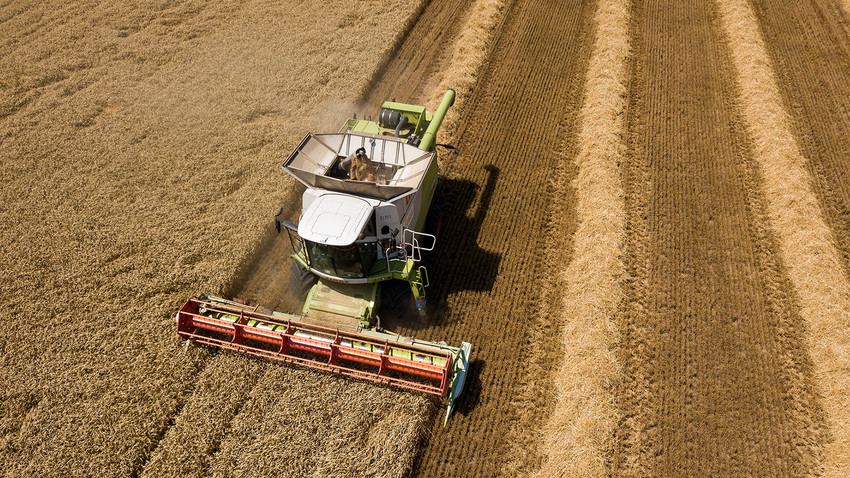
Oil seems to be losing its place as the main Russian export this year. On March 16-20, the price of wheat in Russia grew by 1,020 rubles to reach 13,270 rubles ($164) per ton, surpassing that of Urals oil, which fell to 12,850 rubles ($158) per ton.
Russian wheat prices have grown as a result of the March ruble devaluation, as well as rising prices on the global market, Dmitry Gelemurzin, executive director at Goldman Group, a highly diversified holding based in Siberia, told Russia Beyond.
“The price of wheat abroad is growing because consumers are increasingly worried about the deficit of grain amid the quarantine measures,” he explains. “Plus, the prices increased following rumors about the potential restriction on Russian wheat exports.”
Ассоrding to the expert, the price hasn't reached its maximum yet, and will continue to grow, as there is still a risk of undersupply in some countries. However, Gelemurzin forecasts that growth to be temporary.
“There are fears of a food crisis, stoked further by the spread of the virus and the quarantine measures, leading to many countries’ higher demand for grain,” he says. For foreign customers, this means higher prices on Russian wheat, and for Russians - higher prices on a range of products like flour, milk, and meat.
“A major factor here is the devaluation of the ruble, which has already provoked an increase in the price of buckwheat, rice and certain other agricultural products,” he adds.
If using any of Russia Beyond's content, partly or in full, always provide an active hyperlink to the original material.
Subscribe
to our newsletter!
Get the week's best stories straight to your inbox